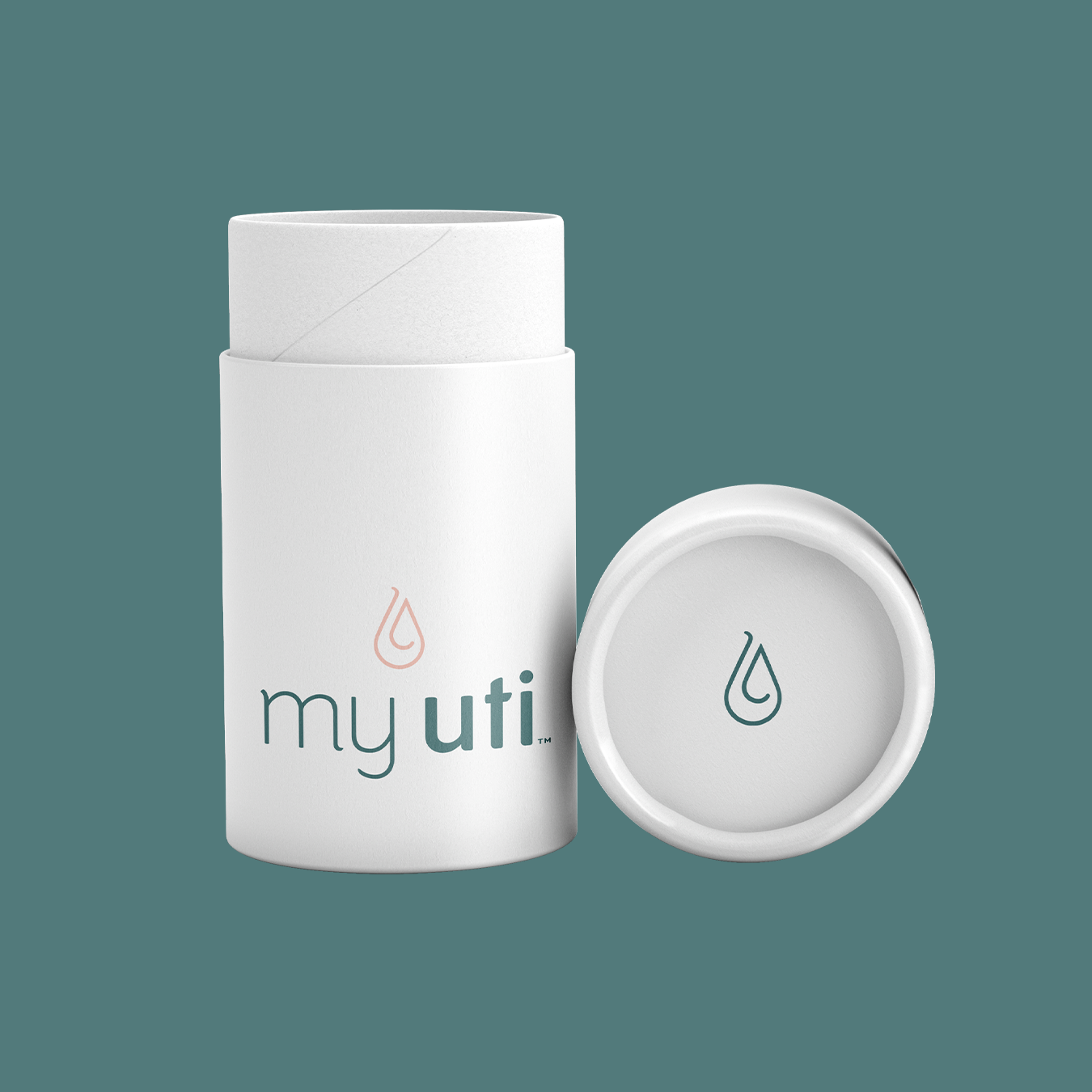3 Reasons Why Your UTI Just Keeps Coming Back
Sick of the same UTI symptoms coming back again and again, even after treatment? You’re not alone. If you’ve had at least three episodes of UTI symptoms in the last 12 months, you may have a recurrent UTI. Whilst each one may seem like a new infection - often they’re due to the same root causes.
So, let’s dive into some of the potential reasons your UTI just keeps coming back.
Biofilm protecting the bad bacteria
Biofilm is ‘the protective goop that helps bacteria thrive’. It’s a shield that grows around bacteria to protect them from antibodies and prescription antibiotics.
In the urinary tract, biofilm works as a network that protects uropathogens. It allows them to survive, colonize, and even become dormant at times. Because antibiotics are designed to target specific bacteria, the biofilm pathogens are able to hide and are particularly difficult to eradicate. This means they’re free to activate later and spark a new round of infection.
Around 77% of boomerang infections are caused by the same bacteria that survived the last round of antibiotics. However, a healthy urinary microbiome can stop harmful pathogens from taking over. Supplements, such as D-mannose, can help support your urinary microbiome. They support the ‘good bacteria’ to stop pathogens from colonizing and creating a biofilm.
Antibiotics damaging your microbiome
Research has suggested that some antibiotics are only a temporary solution for UTIs, whereas others can actually make the situation worse. This is because general antibiotics not only target bad bacteria but can also attack the gut microbiome. This means they kill helpful organisms that play an important part in fighting infection throughout the body.
Women who have taken more antibiotics are more susceptible to recurring UTIs because they have weaker and less diverse gut microbiomes. This means they have fewer defenses against bacteria.
Physical changes in menopause
Recurrent UTIs can be very common in women in their late 40s-60s. This is because, as women age, their bodies produce less estrogen. Lower estrogen levels have lots of different effects on the body which can contribute to recurrent UTIs.
Lower estrogen levels cause the tissue in the vagina and urethra to atrophy, meaning they get thinner. This makes the bladder more vulnerable to infection because bacteria can spread more easily. The length of the urethra also shortens with age, again making it easier for bacteria to reach the bladder.
Women in menopause experiencing recurrent UTIs need to be assessed in detail by looking at their symptoms in the context of their life. Treatment may include lifestyle changes, supplements, vaginal estrogen, antibiotics, or urine acidifying agents.
How does the MyUTI test help?
Here at MyUTI, we believe that getting the right treatment for your UTI starts with proper testing. Identifying the organisms that form biofilms and ruling out the top bacteria or yeast that commonly cause UTI symptoms, helps support you in finding targeted and personalized treatment.
Also, there is also power in a negative test result with MyUTI. When UTI-like symptoms persist and no pathogen is found, this can help you to dive into a deeper discussion with a clinician that specializes in the area of menopause or conditions like IC to help you find other treatment options to find relief.
Order the MyUTI Test now to get to the root cause of your stubborn UTI symptoms. Or, order one of our Just In Case Kits to be ready as soon as that first symptom strikes.

